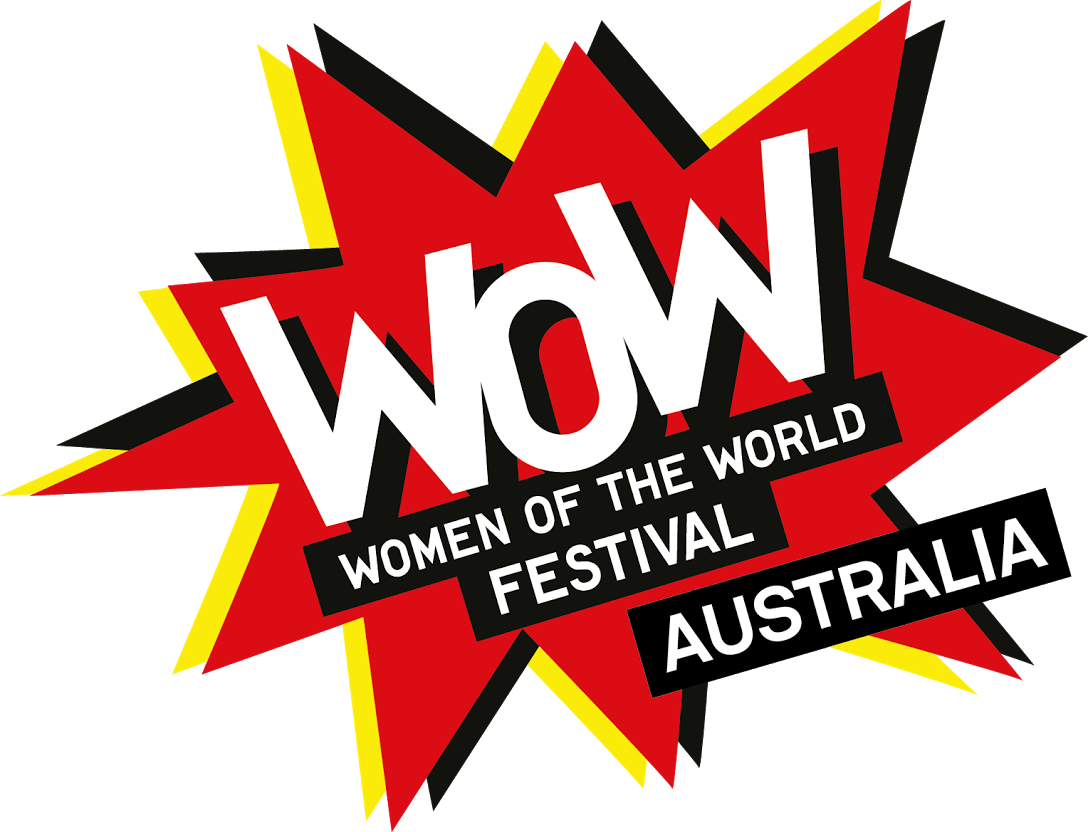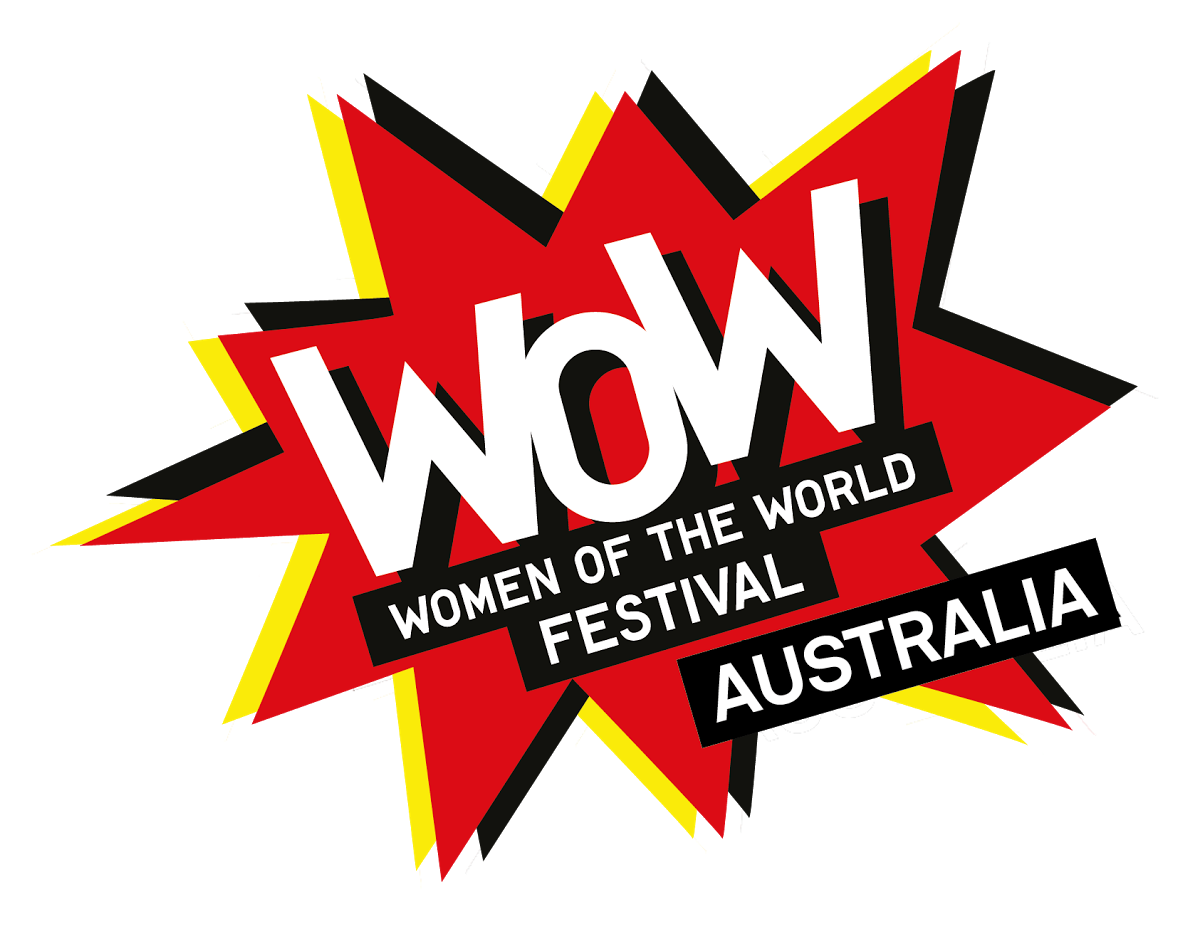
Wiyi Yani U Thangani
Women’s Voices
We are proud to be supporters of the work of Aboriginal and Torres Strait Islander Social Justice Commissioner, June Oscar AO and her team at the Australian Human Rights Commission, and to have been one of the events for the consultation for the Wiyi Yani U Thangani (Women’s Voices) Report in 2018.
The report, recommendations and outcomes have now been released and can be found here.
This report together with the Uluru Statement from the Heart is about a future for all Australians and we must work together to ensure the implementation of its recommendations, which are the result of 18 months of consultations with thousands of First Nations women and girls across the country. The pandemic has shown how big the inequities are in our society and our systems, and Governments have demonstrated their capacity to respond to big change when needed. There is no ‘normal’ for many women but particularly for First Nations women to go back to. We have the opportunity to work together and imagine a future beyond a Western patriarchal model of society.
Of One Mind will support the Commissioner and her team in the implementation of the next stage by embedding the principles in our work and providing the Australian Human Rights Commission with a platform to present the recommendations in our events. Read on to see our statement of how we will embed the principles of Wiyi Yani U Thangani (Women’s Voices) and a Strengths Based Human Rights Approach in our work.
Here are seven of the principles to guide reform, and how Of One Mind, through WOW Australia, will incorporate these into our work.
Lifting women lifts the whole community: It is understood that measures designed to enhance the enjoyment of human rights by Aboriginal and Torres Strait Islander women and girls are of benefit to their entire communities.
The impact of ‘lifting women’ is central to the vision for WOW as ending gender discrimination benefits all girls and women, boys and men. This will be demonstrated through our engagement with First Nation women through all levels of governance, employment, operations, marketing and the commissioning of artists and speakers for our events.
Equity in leadership: Aboriginal and Torres Strait Islander women and girls are respected and equally represented in leadership roles.
We will ensure that First Nations women’s voices are represented at all levels of our organization, and focusing on stories which demonstrate the strength, resilience and achievements of First Nation women and girls first and foremost in our programs
Embedding culture and respect for identity: Aboriginal and Torres Strait Islander women and girls are able to learn and practice their culture, knowledge and languages, and their diverse identities are respected.
This will be reflected in the design of our events, our approach to cultural protocols and the representation of diverse identities of Aboriginal and Torres Strait Islander women.
A place-based approach: Governments acknowledge the efficacy of place-based initiatives that promote community leadership, participation and solutions.
All WOW events are developed as place based celebrations with community topics, stories, and solutions specific to location and communities.
Inclusion and participation: Aboriginal and Torres Strait Islander women and girls are able and supported to participate in decision-making that affects their lives.
This will be achieved through the design of our consultation ‘Think In’s for Festivals and then through First Nation women’s involvement in decision making on specific aspects of our program
Truth-telling: All Australians recognise past and contemporary injustices experienced by Aboriginal and Torres Strait Islander peoples, including women and girls, and understand the ongoing impacts of these on Aboriginal and Torres Strait Islander communities.
In WOW festivals, women will share stories that reflect past injustices.
Understanding intersectional discrimination: It is understood that the experiences of Aboriginal and Torres Strait Islander women and girls are informed by a complex mix of race, gender, age and other attributes.
This will be achieved through programming workshops and discussions on the complexities of intersectional discrimination in our programs.
The outcomes we anticipate:
First Nations women and girls involved in WOW are inspired to make change to their lives and in their communities with the confidence, skills and networks to do this
Non indigenous participants in WOW have a greater understanding of the history and lived experiences of First Nation women and girls and the findings and recommendations of Wiyi Yani U Thangani
Community capacity, collaboration and well-being are enhanced through networks within local communities and with women in other communities
More organizations begin to embed the principles of Wiyi Yani U Thangani into their own policies and activities.




